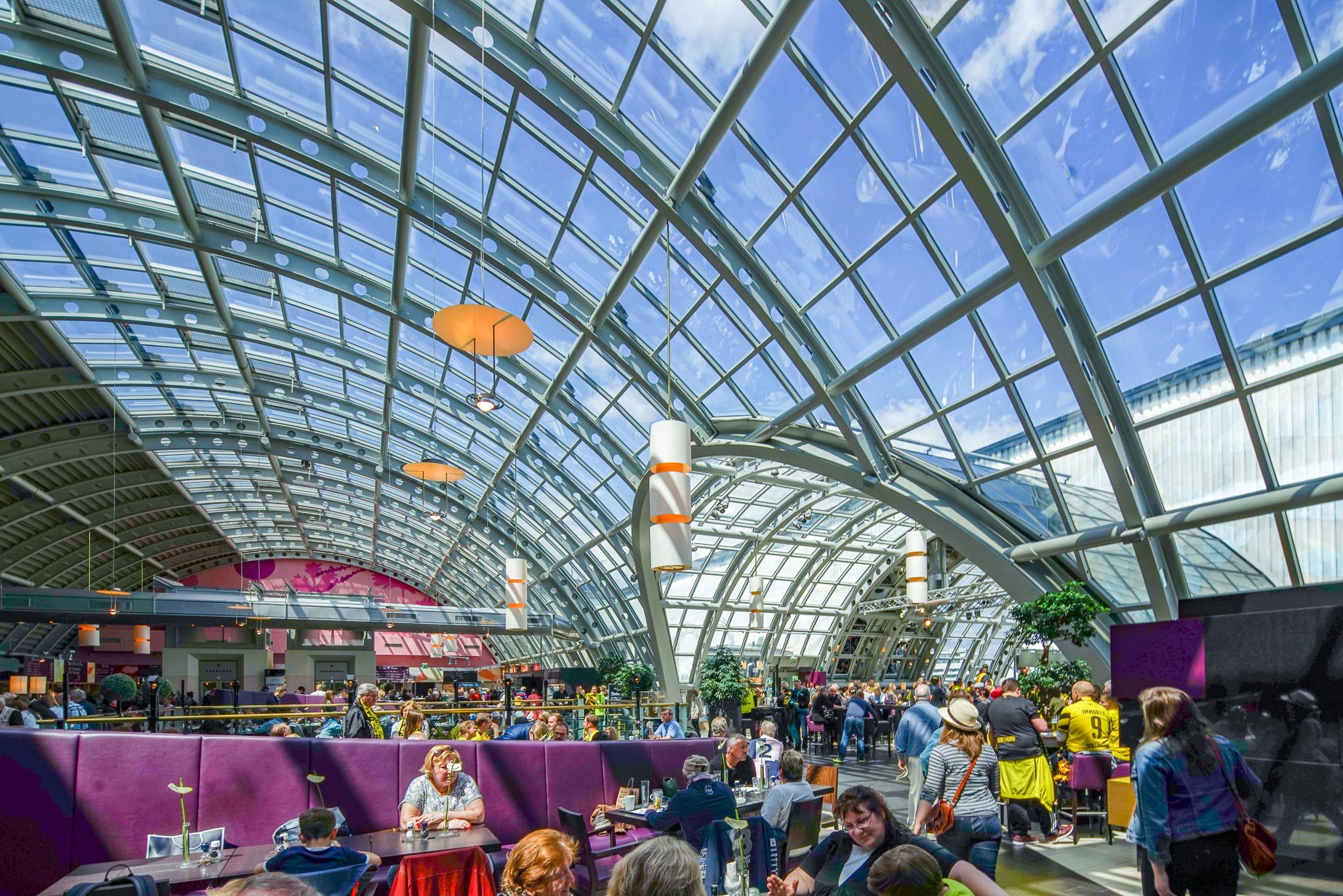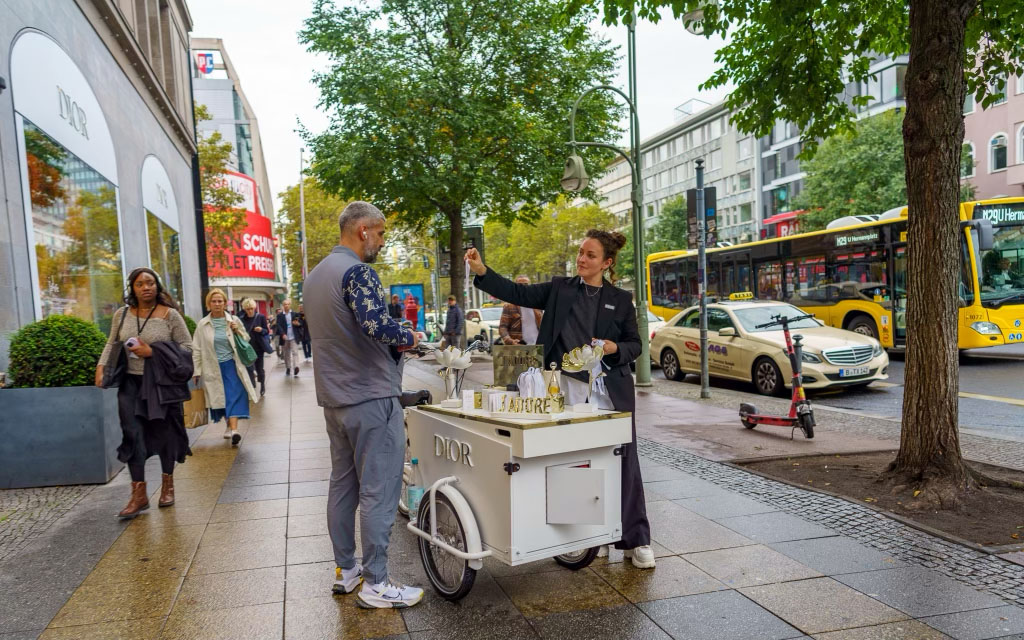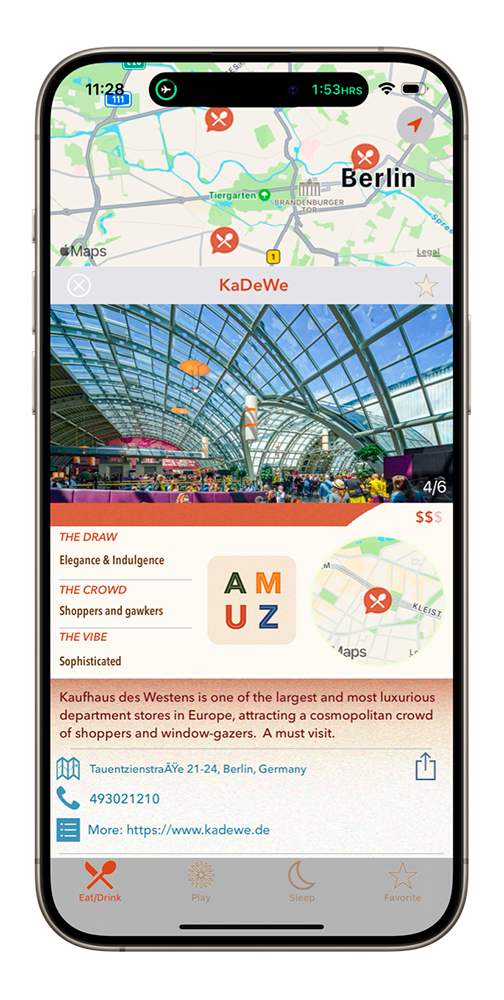
Sam Jones writes:
KaDeWe, Germany’s most famous and exclusive department store, filed for administration on Monday, becoming the latest casualty of René Benko’s crumbling property empire.
Management of the 116-year-old Berlin institution said that despite booming sales they could not afford to pay rising rents demanded by the Signa Group and the business needed urgent restructuring.
Signa co-owns the KaDeWe operating company with Thailand’s Central Group, but it separately owns the KaDeWe building. The steep increase in the valuation of the building under Signa’s ownership was justified by the rents that could be squeezed from its captive tenant.

rbb24 takes a deep dive:
From then on, the KaDeWe earned an excellent reputation inside and outside Berlin through its huge product selection. Still in the opening year 1907, the King of Siam, Chulalongkorn, bought in the KaDeWe for two consecutive days. He is said to have spent 250,000 Reichsmarks at the time - at a time when the average salary in Germany was 1,000 marks per year.Explore Berlin's KaDeWe in amuz. VR, too.
Today, according to the company, up to 50,000 people visit the KaDeWe every day - in the Christmas season there are twice as many. Every day at 10 a.m., the original iron grille from 1907 rises for the customers. Like back then, the KaDeWe is also a consumer temple of superlatives today. With its 34,000 products on a shopping area of over 7,000 square meters, the legendary delicatessen department is considered the largest of its kind in Europe.
The KaDeWe has changed its face again and again in the twelve decades of its existence. A part of Berlin's city history is also reflected in every epoch.



Tagesspiegel takes a deeper dive on the finances:
The cosmetics association VKE makes accusations against the financially troubled KaDeWe Group. The luxury department store company, which filed for insolvency this week, has recently not paid numerous invoices or only after threat of legal action, said Association Managing Director Andreas Fuhlisch to the German Press Agency. The KaDeWe Group did not respond to requests for comments. Previously, the "Lebensmittel Zeitung" had reported.
Eliot Brown, Margot Patrick and Konrad Putzier:
Some properties, however, had a layer of debt on corporate shells that sat between the properties and the real-estate company, which itself had numerous layers of debt.
Benko’s 50% calculation typically omitted billions of dollars in liabilities that increasingly weighed on its finances. Called Genussscheine, a hybrid between debt and equity, it promised investors a share of any profits in a year from Signa companies or individual projects. Even though under German accounting principles it isn’t technically categorized as debt, interest was steep—in the high single digits—on some of these notes and they had to be repaid or refinanced upon maturity.